A research lab on wheels: an interview with Dr. Sabine Mous
My name is Sabine Mous, I am a psychologist and postdoctoral researcher at the department of Child and Adolescent Psychiatry and Psychology and expertise center ENCORE within the Erasmus MC-Sophia Children’s Hospital in Rotterdam, the Netherlands.
What are the core research topics that you and your group are working on?
Both in my clinical work and research I mainly focus on neurodevelopmental disorders, such as autism spectrum disorders and ADHD. One specific population of patients that visits our expertise center are children and adolescents with rare genetic syndromes, such as Fragile X syndrome, Angelman syndrome, Tuberous Sclerosis Complex and Neurofibromatosis type I. The clinical manifestations of these syndromes are very different, but also show some overlap, such as (a broad range of) intellectual impairment and a heightened prevalence of neurodevelopmental disorders. Since these are rare disorders and knowledge about these syndromes is lacking, one of our main aims is to describe the cognitive and behavioral phenotype and development over time. Another important aim is the search for suitable, objective and sensitive outcome measures for studies investigating targeted (drug) treatments.
Why did you start using NIRS for your research and what were the strengths of using fNIRS for your research?
For one of our studies in children with Fragile X syndrome we were searching for a way to gather data on brain functioning. Common methods for this include functional MRI, but since this is too invasive for our patient population (because of high levels of behavioral problems and intellectual disability) we were looking for other methods that would be more suitable. This is how we came up with the idea of using fNIRS.
You approached us for a very interesting project, could you please elaborate on that?
Yes of course, I am always very excited to tell people about our latest innovative project! For many of our patients it is difficult to participate in scientific research. Because we are a national expertise center for many rare neurodevelopmental syndromes, children live all over the Netherlands and have to travel long to get to our hospital. Combined with very frequent regular hospital visits, and severe physical, mental and/or behavioral problems, it can be quite a struggle for these children and parents to visit our hospital for scientific research. Therefore, we decided that it would be ideal if we could bring our research to the patients’ home and that was the start of the ‘Sophia bus project’! Thanks to the very generous gifts of local companies and private individuals during the ‘Lichtjesactie’ (translates as ‘Candles project’) that was organized during Christmas time last year by the Stichting Vrienden van Sophia, our local charity organization, we have bought a camper van, which we have remodeled and transformed into a mobile research lab. The Sophia bus is almost ready for action and most likely we will start driving across the Netherlands (and maybe even abroad…) in November this year!
Artinis is one of the companies that supported the realization of the Sophia bus, by donating a Brite system for use in the bus. We are very thankful for this as this allows us to take our research to a next level!
What makes the Brite so particularly suiting for your application?
For our specific patient population, the Brite is particularly useful because it is a portable and wireless system that is easy to use and comfortable to wear. We can’t expect our patients to sit still for a long period, and with the Brite they can just move without damaging the equipment or distorting the signal.
““I think there is a bright future for fNIRS in cognitive neuroscience, and especially in studies with young children or disabled populations. I think that new and innovative systems such as the Brite will help advance our understanding of normal and aberrant brain development!””
After a lot of hard work and support from many parties; in November 2018 Artinis was invited to the unveiling ceremony of Sophia Bus project. Read the next blogpost: A research lab on wheels: unveiling the Sophia Bus and explore how the bus has had realized.

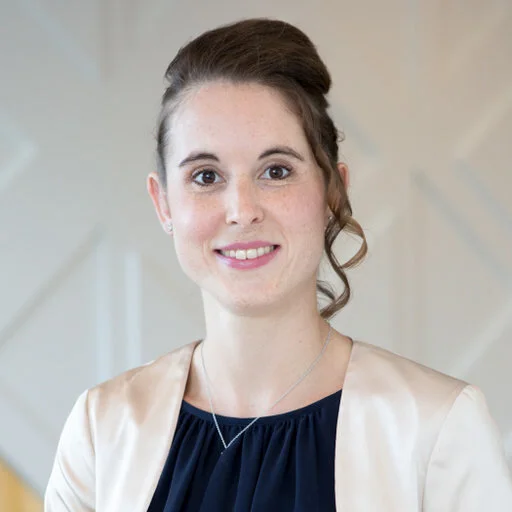
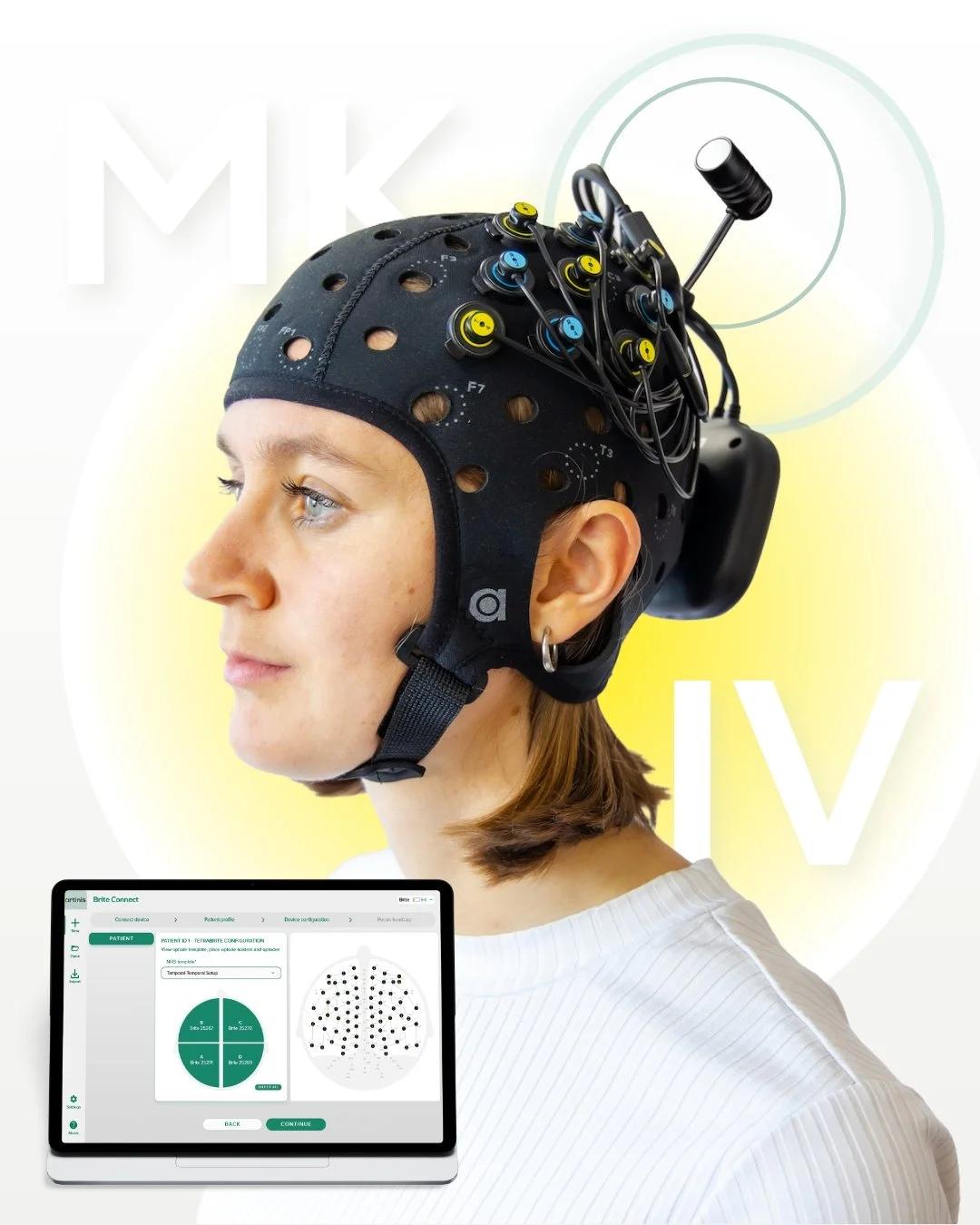
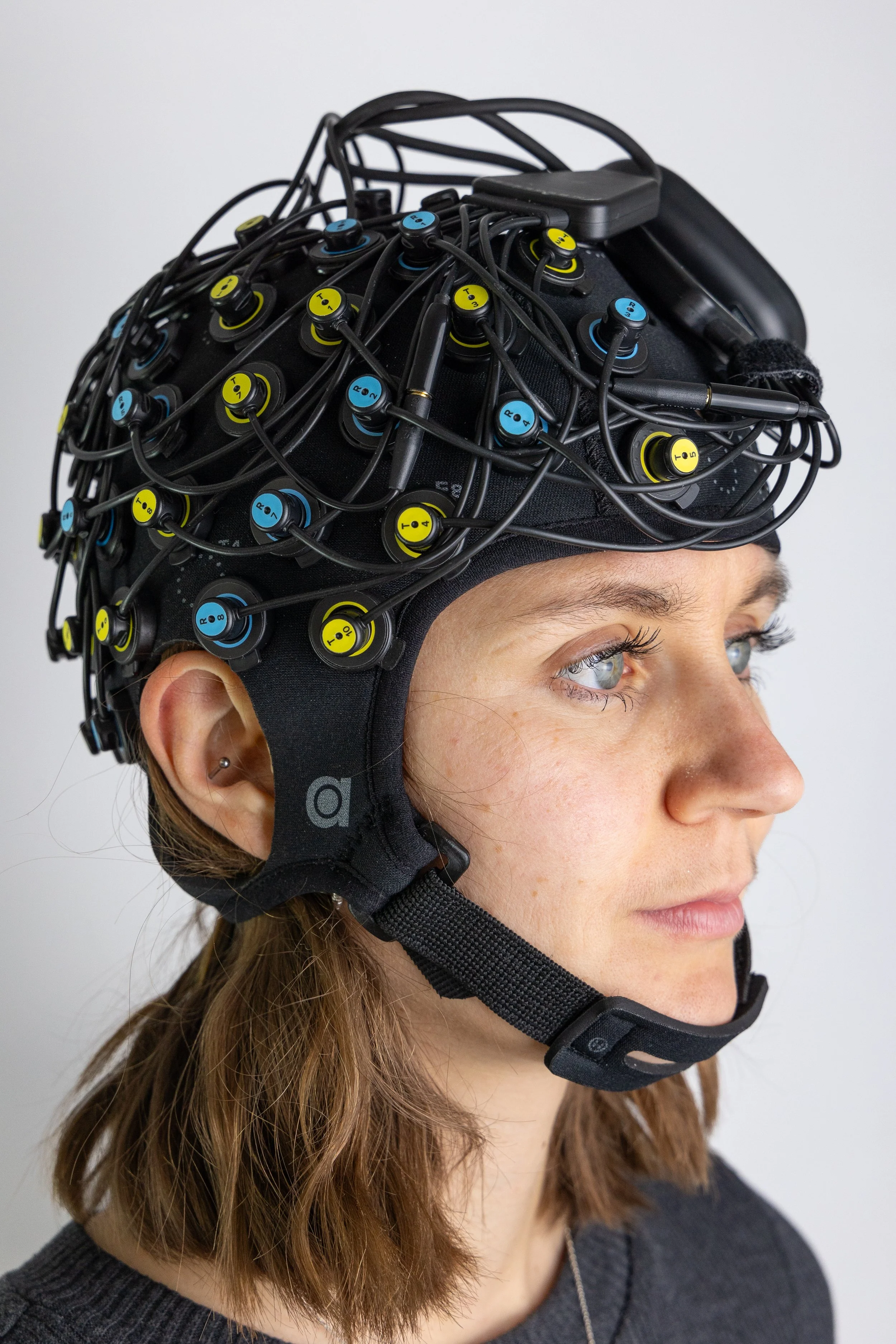


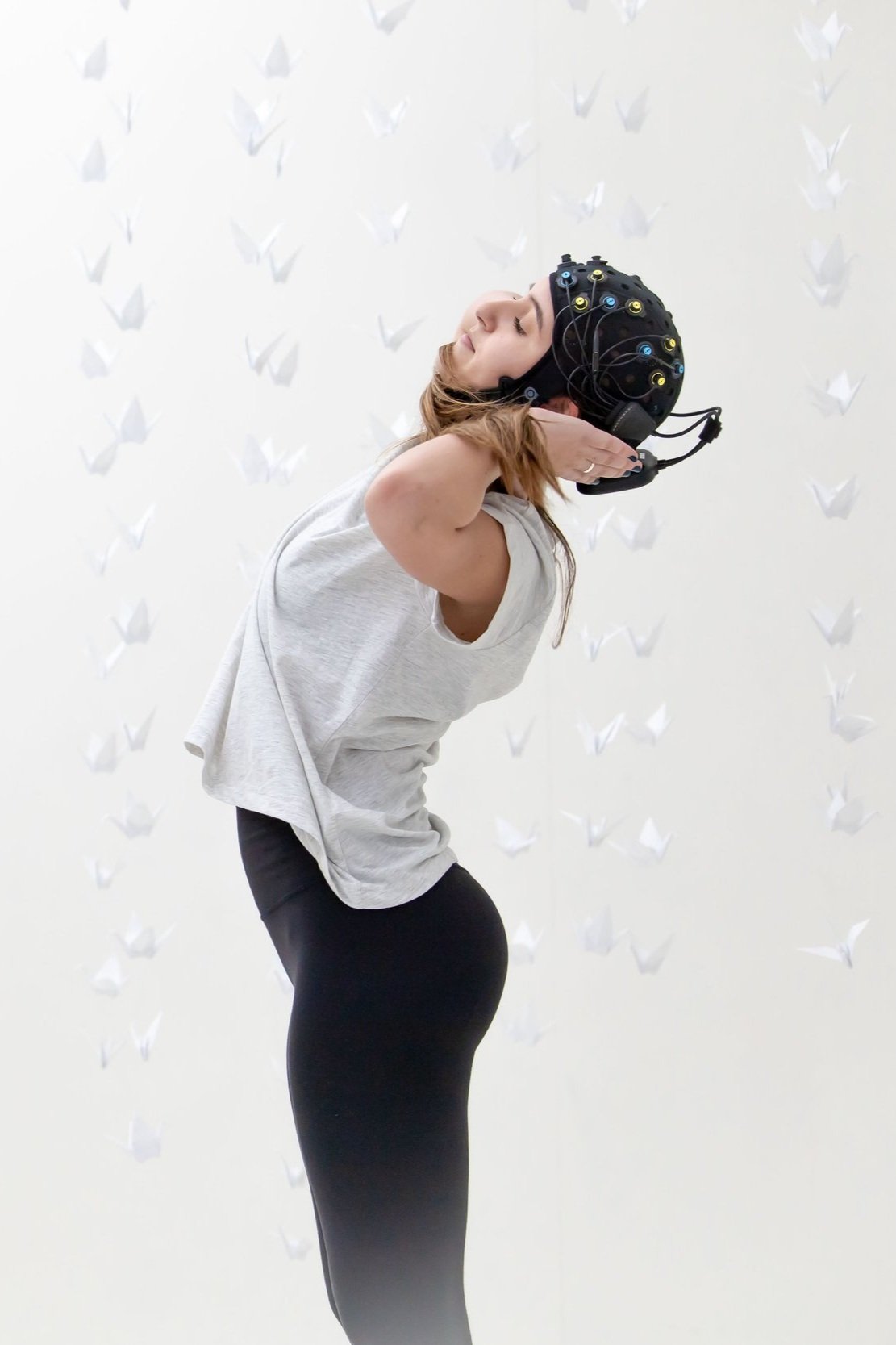
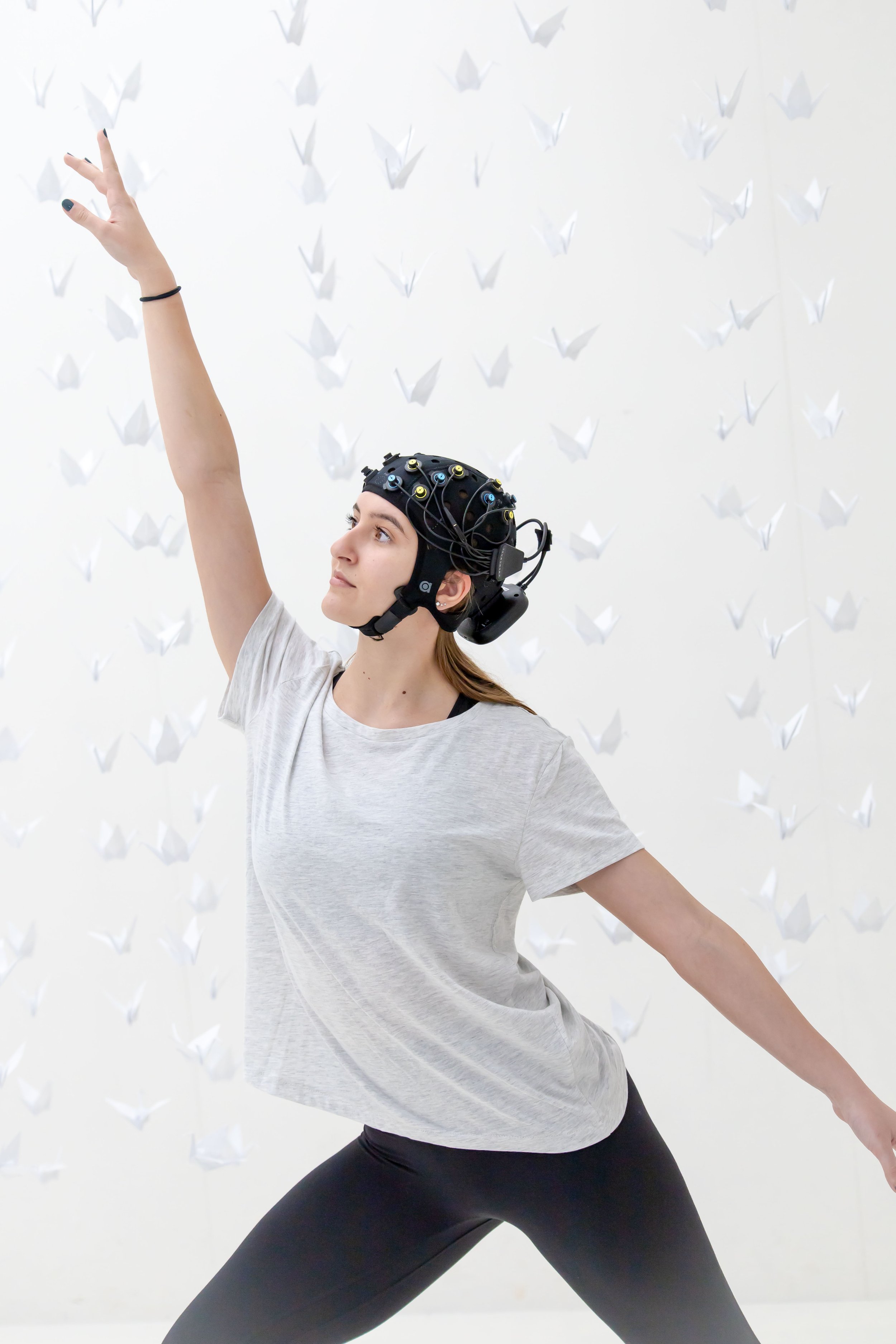
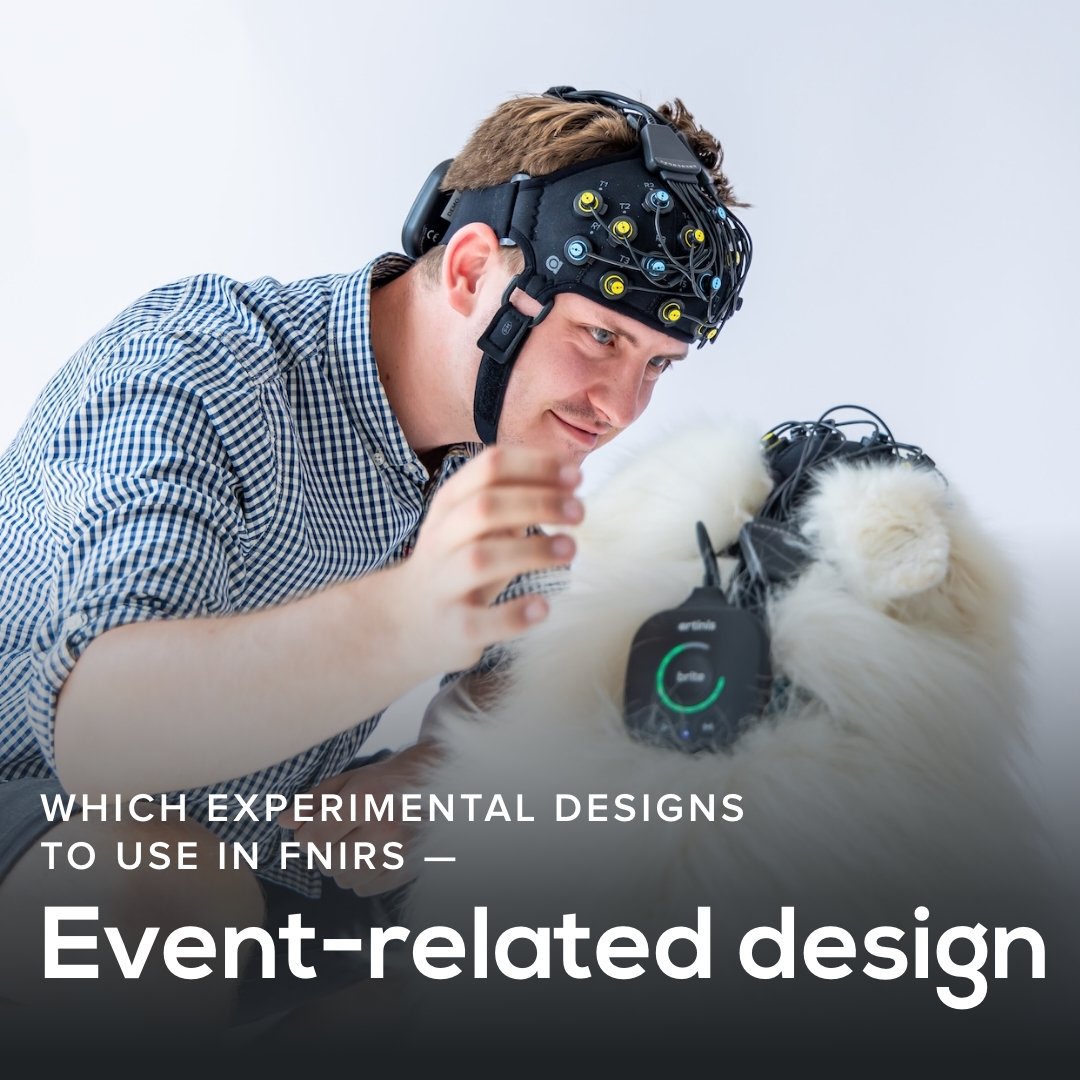
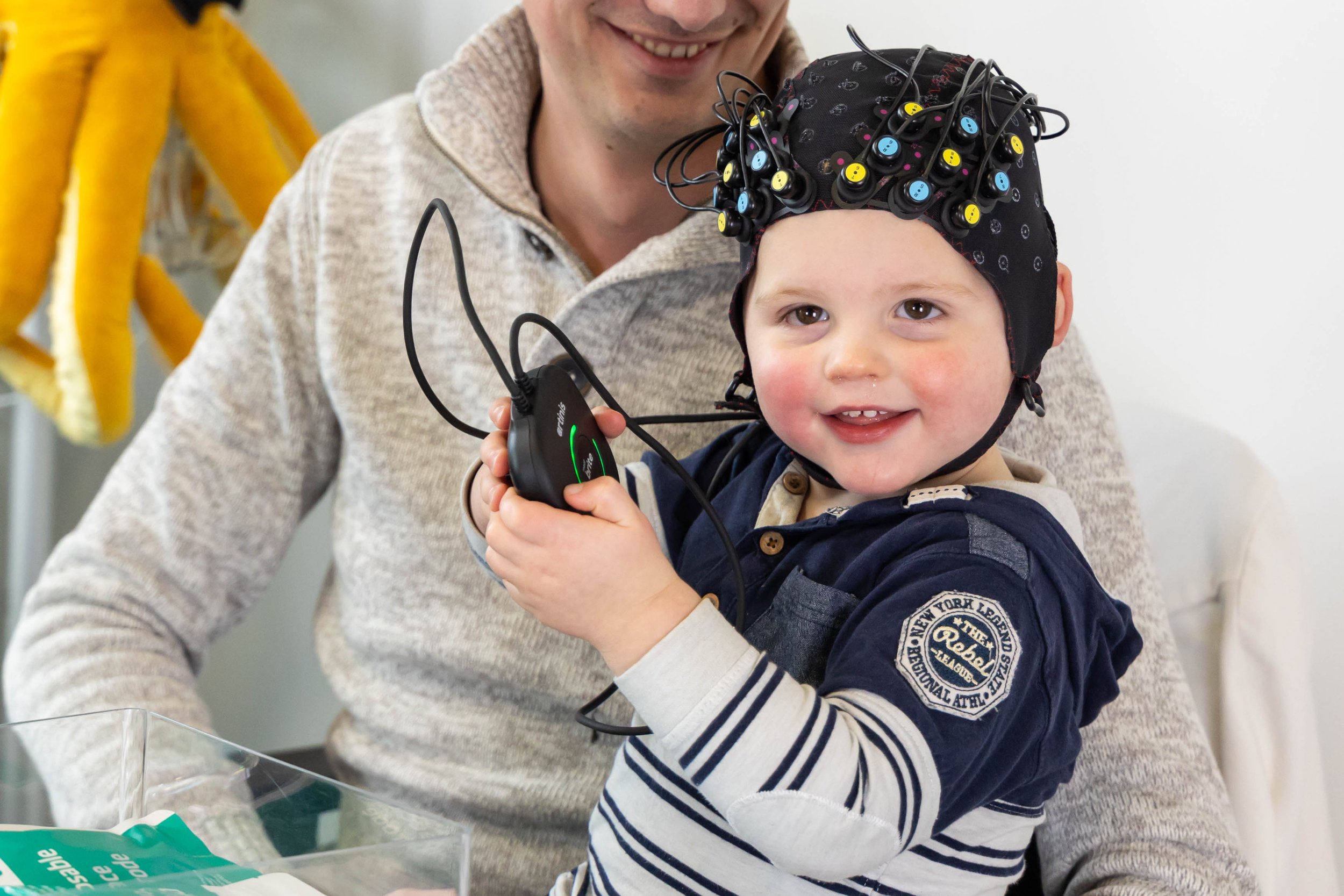
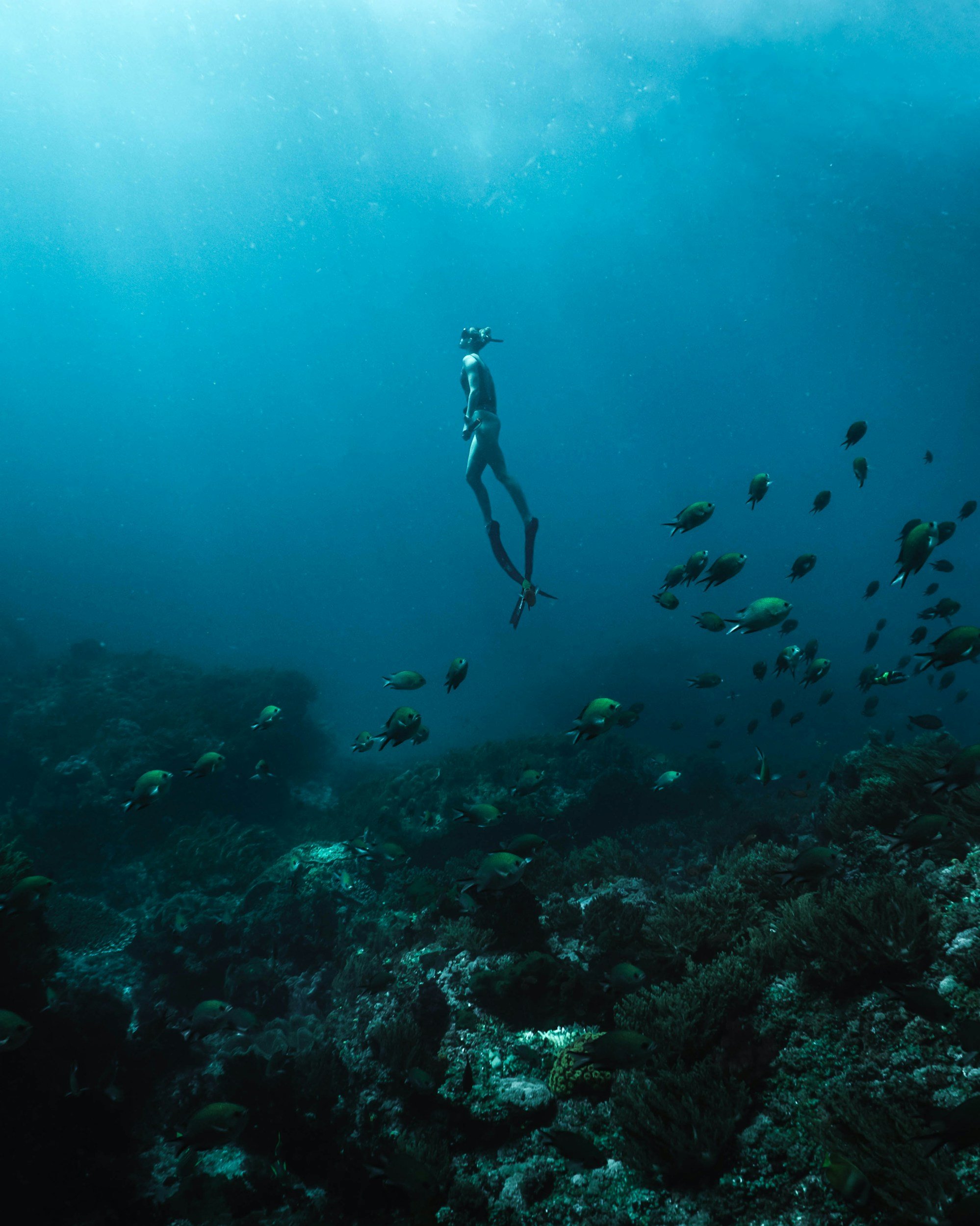
Performing research in real-world environments has been gaining importance in neuroscience. Due to its portability, ease of use, and robustness to motion, fNIRS can be perfectly used in naturalistic settings outside the lab. In this blog, we explain the various applications of fNIRS in the real world, highlight study examples, and provide an overview of the fNIRS solutions we offer to enable research in any setting and with any participant.